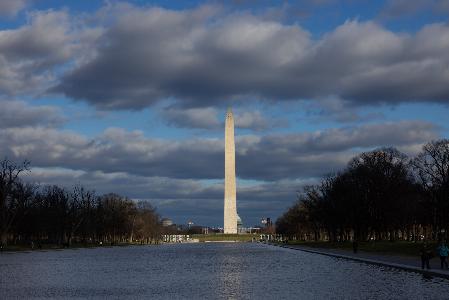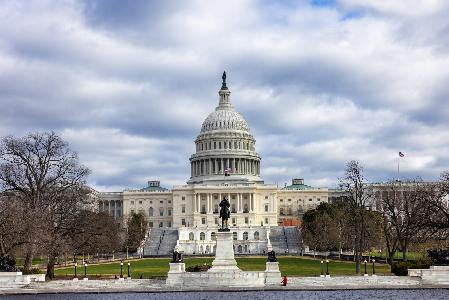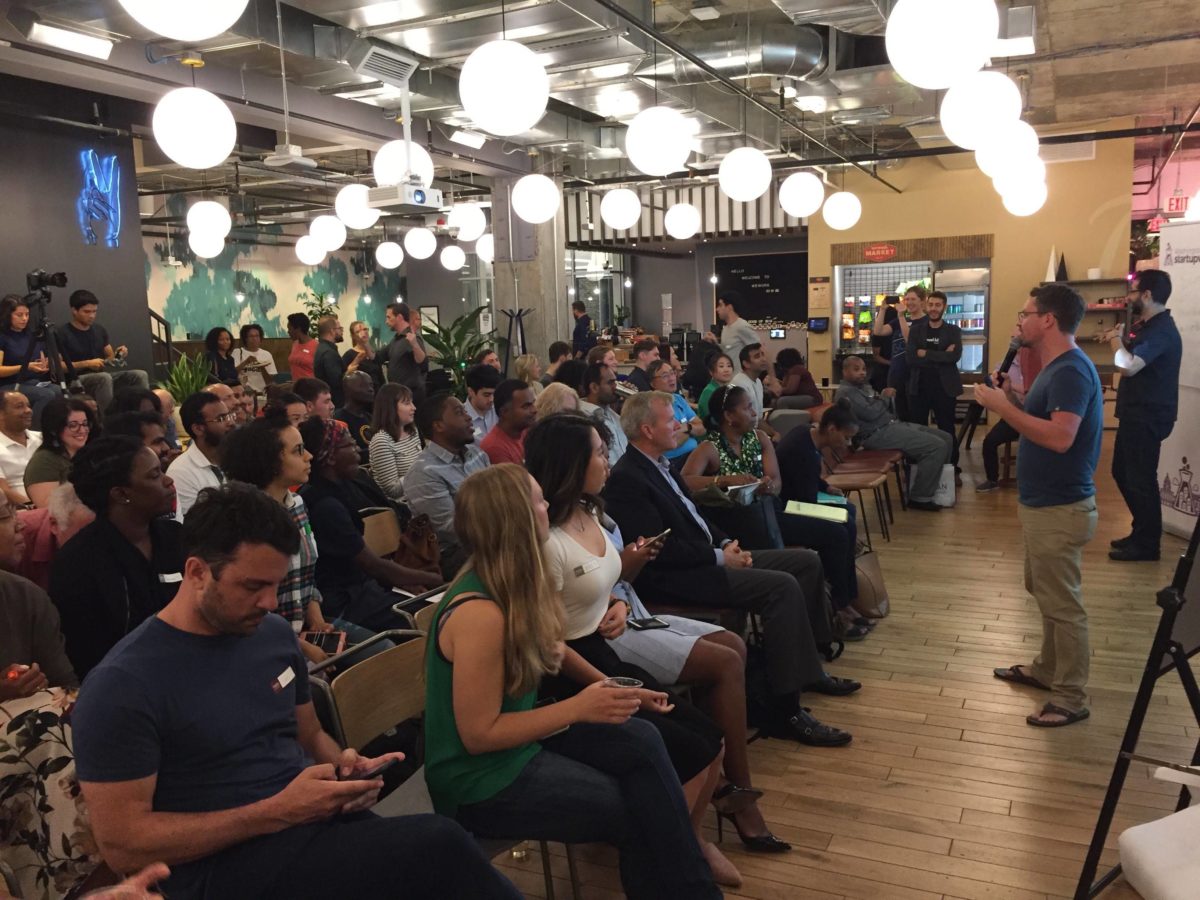While the tech industry has had no shortage of famous immigrant founders (think Tesla’s Elon Musk, eBay’s Pierre Omidyar and Google’s Sergey Brin just to name a few), the success stories have lacked one crucial aspect: an official way to emigrate to the U.S. by starting a business.
Up until this point, immigrant founders have had to go through alternate routes like student, worker, family or refugee visas, instead of taking a path that is specifically designed for startup leaders and entrepreneurs. That is, until Biden administration announced last week that it would be bringing back the International Entrepreneur Rule (IER), a potential route for immigrant founders to remain in the United States to start a business. The ruling was first introduced by the Obama administration in 2017.
Using the U.S. Department of Homeland Security’s (DHS) parole authority, the IER allows foreign startup entrepreneurs to stay in the U.S. for up to five years. One to three people per company can stay an initial two-and-a-half years to build a business with demonstrated potential for growth. They can also get an extension over the same length of time if the business provides significant public benefit.
In order to qualify for the visa, entrepreneurs need:
- At least a 10% stake in the company
- The company must have been formed in the US within the last five years
- “Substantial and demonstrated potential for rapid business growth and job creation” aka either:
- A minimum $250,00o investment from established US investors
- At least $100,000 from federal, state or local government grants and awards
- Other compelling evidence, like acceptance into a big name accelerator program
It’s not a perfect ruling (our main question being how you start said business in the U.S. without a visa, which brings us back to the original problem), but it definitely has potential. In fact, the DHS estimates that through the program, roughly 2,940 immigrants would come to the U.S. annually. That means that even if every company had three employees through the IER, there could still be 1,000 new companies each year.
Kenan Fikri, director of research for the Economic Innovation Group (EIG), said that in D.C., a rule like this would only benefit the region’s startup ecosystem. On top of a general economic boost from more companies, American startups can benefit from more connections as well as potential cofounders or collaborators around them. New companies can also help attract more capital and talent locally.
“Americans themselves are starting fewer businesses,” Fikri said. “The IER should help fill in some of the gaps to replenish the domestic innovation and job creation that startups power.”
The EIG has been supporting the rule since its first introduction under Obama. In February, it was one of 16 organizations who sent a letter to DHS Secretary Alejandro Mayorkas asking to implement the rule. Fikri added that, assuming legislation passes, it would make sense to tie at least some of the IER visas to certain places to encourage foreign startup leaders to build businesses outside hubs like Silicon Valley and New York.
Although it now has the weight of the Biden administration’s support, formal legislation still needs to make its way through Congress. The IRE is also just a ruling, not a visa itself, since only Congress can establish a new visa category. But Fikri thinks that with the IER, startup-related immigration reform will be the next logical step.
“The IER pushes the startup visa idea as far as it can go without actual immigration reform, so it seems safe to assume that a startup visa will be an administration priority in any immigration package that moves through Congress,” Fikri said.
Join the conversation!
Find news, events, jobs and people who share your interests on Technical.ly's open community Slack

DC daily roundup: the DMV's VC cooldown, SmartSigns for safer driving; Rep. Schiff's AI copyright bill

Will the life sciences dethrone software as the king of technology?

Delaware tech leaders gather at White House for action summit with Biden and Harris


